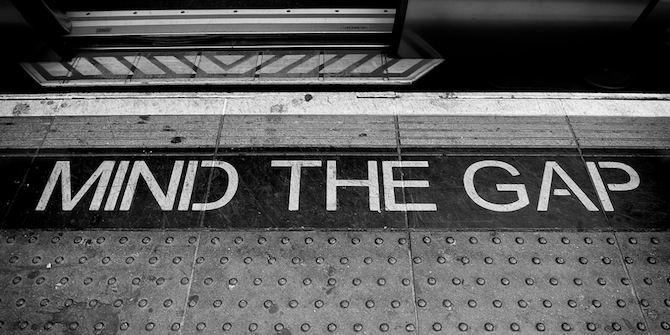John Van Reenen of the LSE’s centre for Economic Performance responds to Monday’s Chancellor’s debate. Highlights are below from his piece for Channel 4:
It wasn’t exactly “the one you’ve all been waiting for”.
The three potential Chancellors lined up – Alistair Darling (current heavyweight champion), George Osborne (the Main Contender) and Vince Cable (veteran outsider punching above his weight) – for a fiscal slugfest.
In the end it was a bit of a disappointment. Not much blood on the mat or any clear knockouts. Gorgeous George did better than expected: there was some smart money on him to be on the canvas early, but it didn’t happen. Vince Cable was the most depressingly realistic and emerged as more of an honest broker because of it. The other parties still largely sidestepped the issues of exactly which spending areas would feel the axe swinging.
To give the main parties their due, even the Lib Dems only showed a bit of leg on the spending cuts – a trident not being renewed here and tax credits scrapped for the better off there.
Everyone signed up to how big the fiscal position was and the need to reduce the deficit, the priority of the NHS, the scandal of bank bonuses (although not much clarity over what to do about it), cutting back excessive public pensions (but no mention of the necessity to rapidly increase the retirement age), etc.
At a time when the main refrain was cutting the deficit, how was the circle squared? The answer: efficiency savings! The Conservatives claim to have found an additional £6bn of efficiency savings on top of the £11bn or so already banked by Labour that could be used to finance this tax cut. It is wise to be skeptical about any party’s ability to deliver these magical efficiency savings. But in any case, if these saving were really found it would mean that there was no net increase in the stimulus, so could this in any sense be supporting the recovery?
The opposition parties landed blows on Darling without much response in two areas. First, they said that inequality had increased. I expected him to reply that this was driven by the top one per cent and 10 per cent and that disparities had (i) fallen in the bottom half of the income distribution, (ii) would have been hugely greater under the 1997 tax and benefit rules he inherited. He didn’t.
Click here to see Channel 4’s discussion of the Chancellor’s debate.







